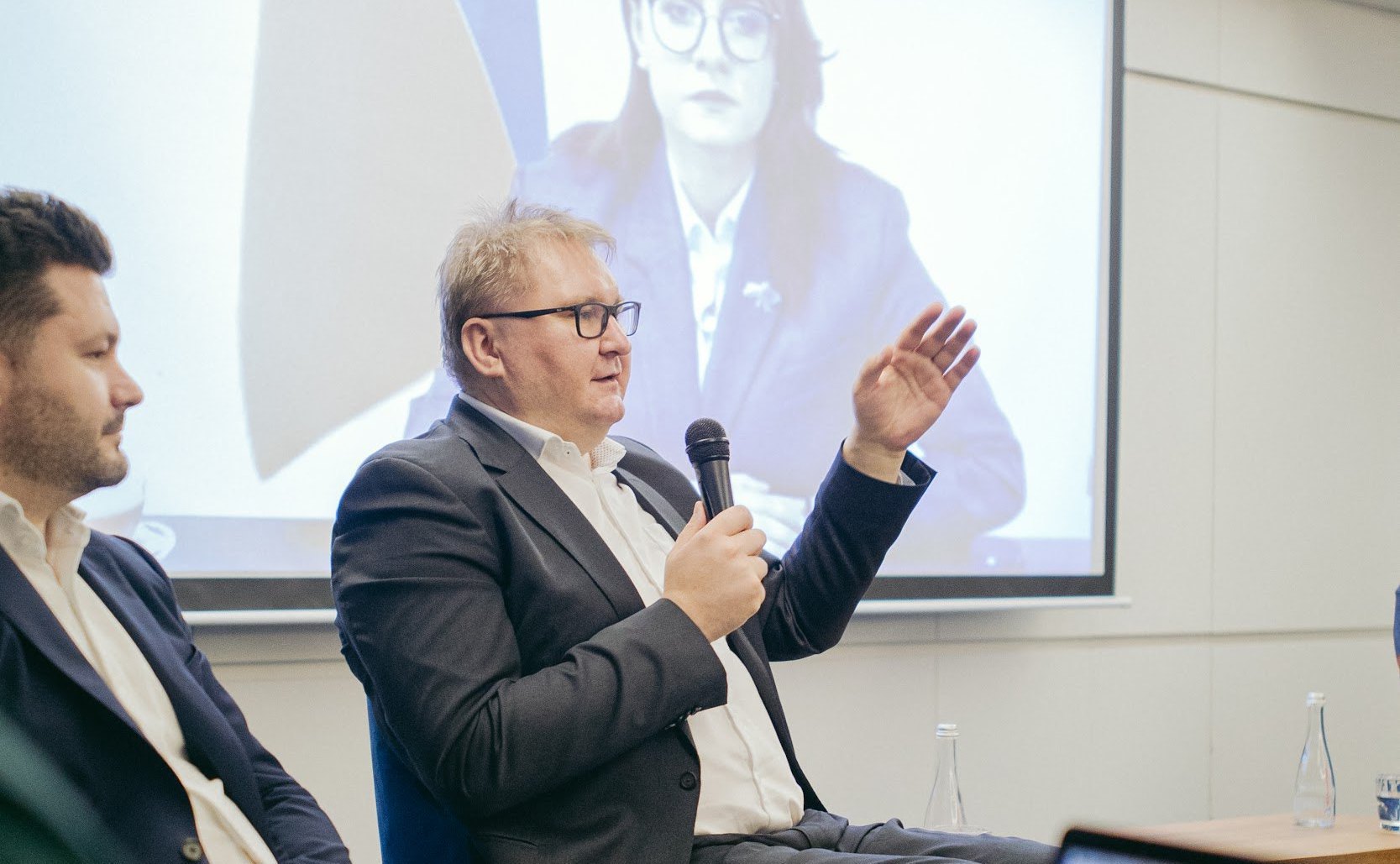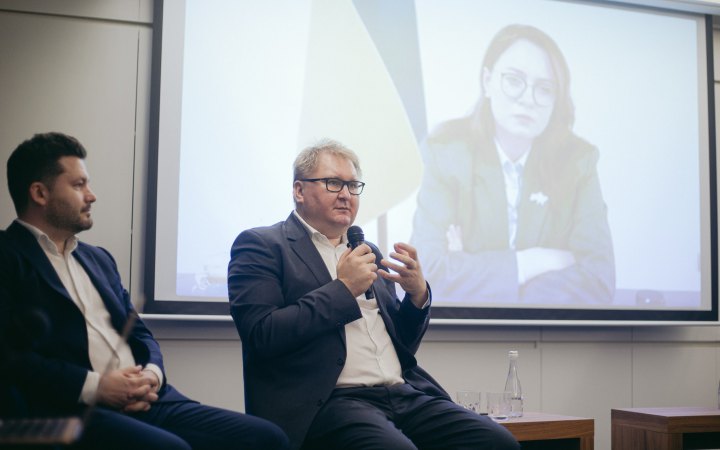"Before a full-scale war, by 2022, we have come to an interesting threshold that I have often observed in Odesa at the end of the grain marketing year, somewhere between 30 June and 1 July: the next harvest has been harvested and sold, there is some money left over to buy an expensive car and think about where to invest, in some small business. This is a business model that generates confidence in Canada, which also has a commodity economy, and over the years this financial "fat" accumulates, accumulates, and from Toronto, investments go to the United States of America.
The same thing has been happening in Ukraine. We saw this in initiatives in agriculture, including the use of drones, the digitalisation of some things, and investments. Someone invested in an exotic cheese factory, and someone invested in a small startup. And now the war, on the one hand, has brought all this out because the risks are extremely high, but on the other hand, it forces all of us - both the government and business - to think about how to accelerate the investments that were growing before the war, how to use this energy, this business experience to build a new economy that was already germinating somewhere before the war and now has to emerge with new energy," says Taras Kachka.
Especially when the world, thanks to the Armed Forces of Ukraine, is discovering Ukrainian business.
"The miracle that our Armed Forces resisted and did not allow the war to reach the western part of Ukraine, the central part of Ukraine, the fact that we are pushing the frontline back, has actually given the world an opportunity to learn about Ukraine, so after a year and a half of war, people abroad are surprised that we have three seaports in Odesa Region, not just Odesa, seaports in the city.
Everyone is surprised by how the grain infrastructure on the banks of the Danube - Izmail and Reni - is being rebuilt and actively developed. For many people, it is a huge shock to see how quickly companies started to respond, even from Luhansk Region to the Romanian border to build some kind of transshipment terminal. This energy surprises the world, and all those sprouts that were the maturation and transformation of business now have a chance to germinate much faster," the Deputy Minister of Economy believes.
He adds that government programs, which used to be "boring science fiction" that no one read, are now coming to life because the ministry, business, and local authorities are talking about real things. And it is in the regions that the construction of a new country begins, the official is sure.

"The most interesting thing is that I agree that this new Ukraine is being built in the regions, on the site. It is not being built in the office, in the government, in Pechersk, where visionaries appear, but it is based on the things that sprout on the ground," Kachka said.
According to him, the Ministry of Economy recently held a meeting with the Association of Cities, which was attended by mayors from different regions of Ukraine, and he was impressed with the level of discussion that took place.
"We talked about the transfer of state property located in cities to municipal ownership (an initiative of the mayors), about waste disposal, and even went as far as crematoria. It was a very good discussion," says the Deputy Minister.
"You can have different attitudes: there are popular, unpopular, effective, ineffective mayors, but they have much more advanced thinking than when I started my career in the early noughties, when it was all just unbelievable," said Kachka.
The key to development and change, in his opinion, is constant communication and dialog.
"Everyone thought on the 24th [February, 2022] the economy would collapse, everyone would run away, but it didn't happen. It turned out that even when half of the deputy ministers and department directors were evacuated, everyone stayed in touch, everything worked, the government worked twice a day, but it did not work autonomously from business.
We all settled into common food chats. And the first crisis passed in a month, when ATB announced in security chats that they had returned to the pre-war speed of product delivery. Everyone started working as usual because the supply chain was reoriented. And this is a sign of how we have learned during the war years, the pandemic years, to be in touch with each other. Where we are in touch with each other, something is moving forward, developing. Where there is no such dialog, there remains a stubborn, classical, old industry, the Soviet Union is the symbol of," the official said.
He also emphasised that Ukrainian cities continue to develop despite the war.
"Let’s take Kharkiv, for example. People have stayed there, run businesses and do not want to leave. And this is the biggest "nuclear" force - the business that operates in the city and does not want to leave even under shelling. This is the force that will protect, that will find the money to pay the territorial defence, and that sees its future not only for tomorrow. These are the people who see their business being passed on to their children, family, or whatever. And all these "nuclear" things happen in a dialog... The format of mutual dialogue is the fertiliser that helps a new country to sprout," says Taras Kachka. And the Ministry of Economy, he says, actively supports this dialogue.









